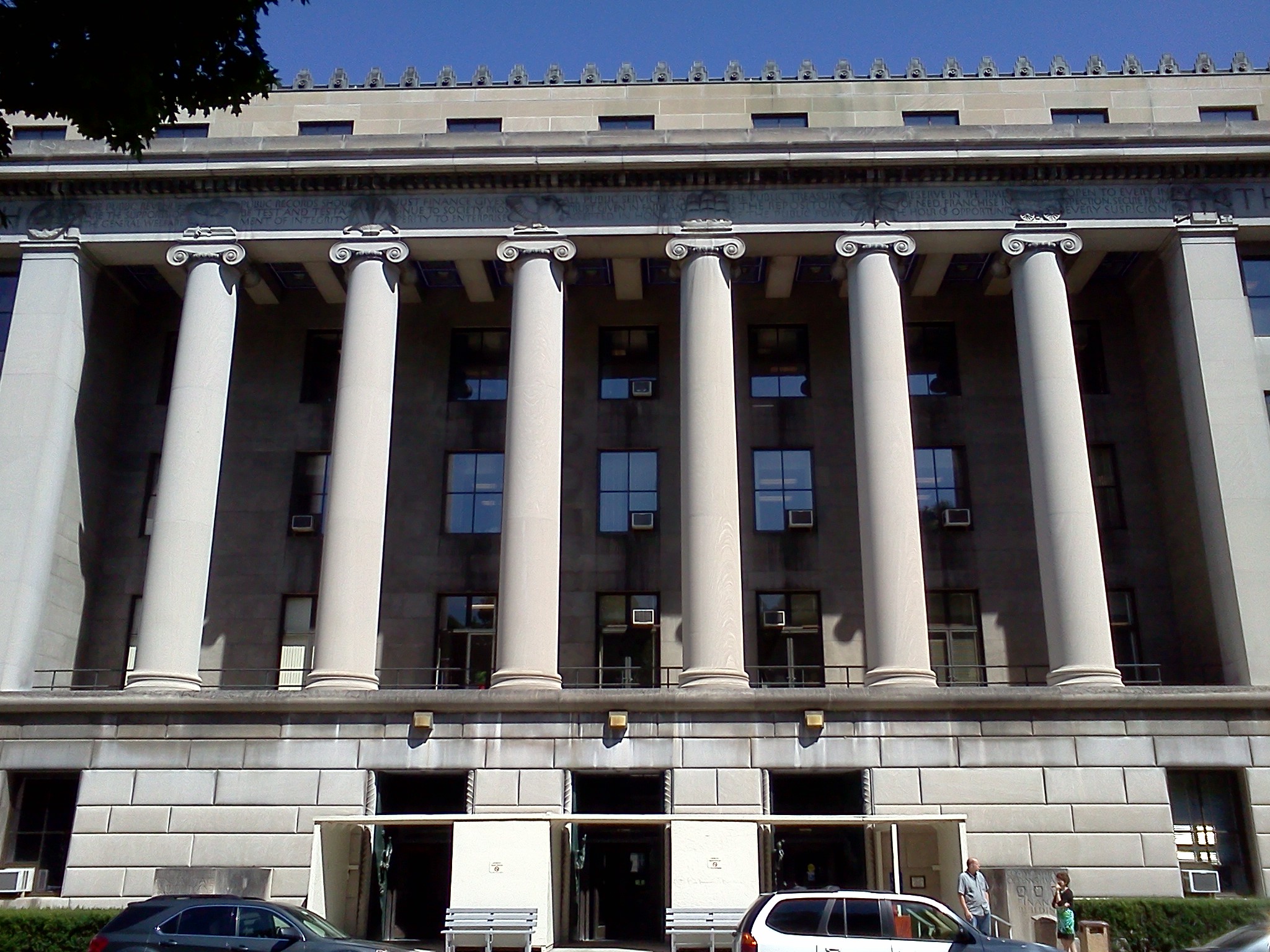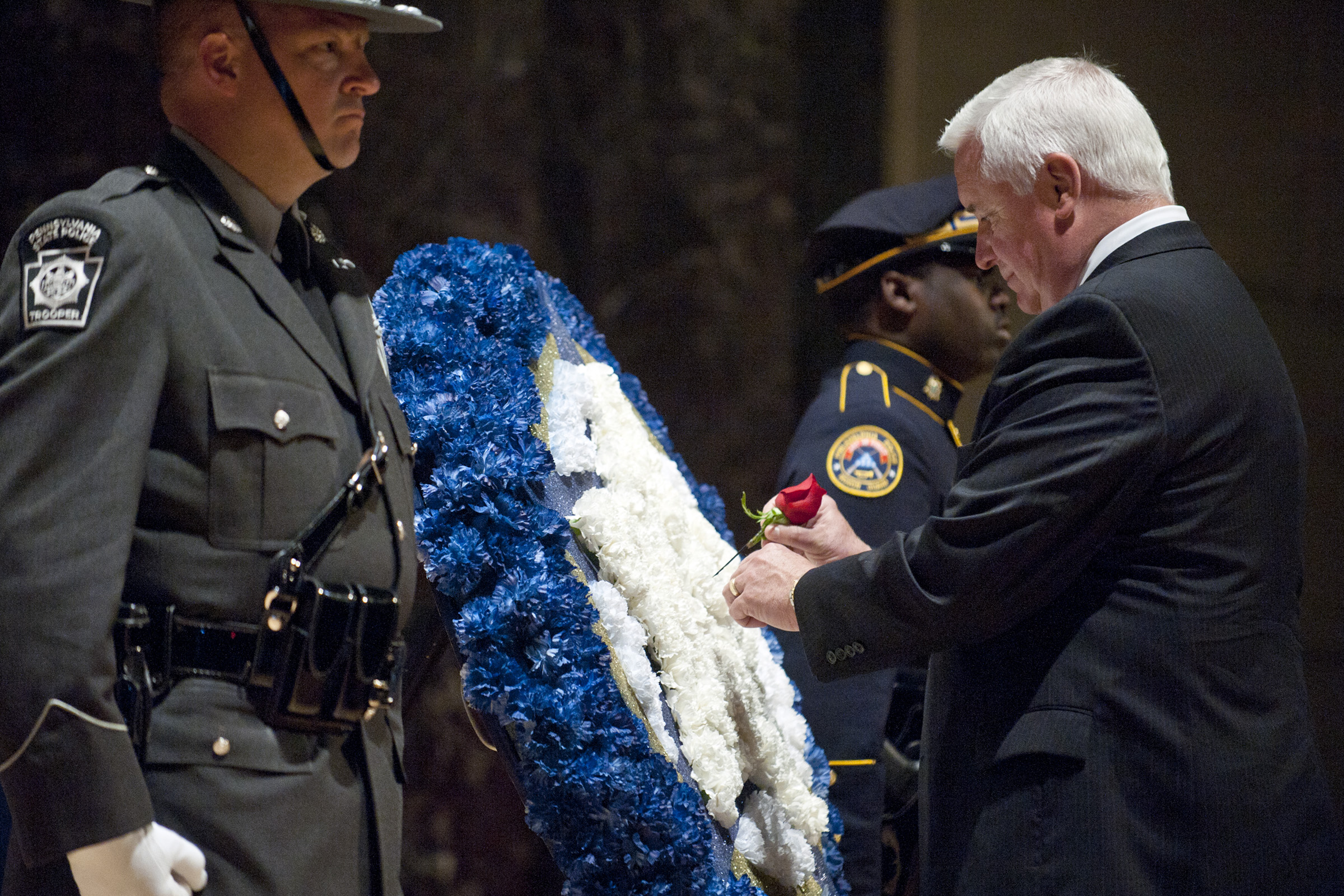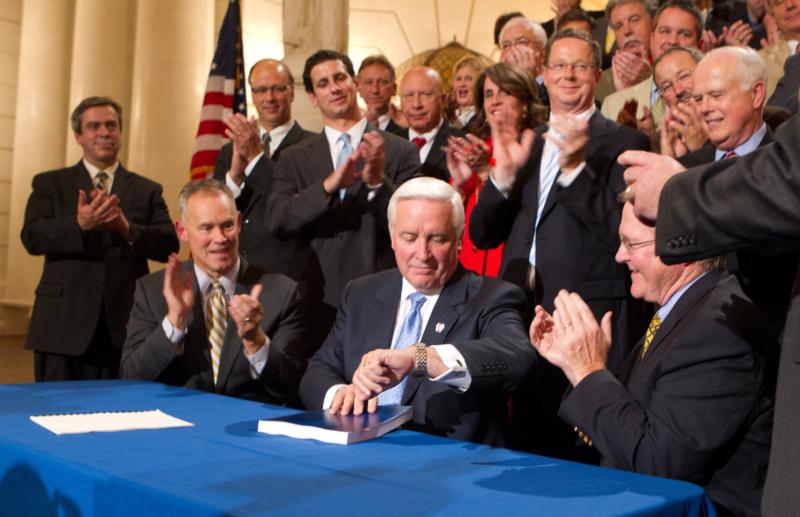Bills Could Benefit PA’s College Savings Plans
After receiving unanimous votes in the House Appropriations Committee the pair of bills awaits action on the Senate floor. One would ensure that state tax benefits are only applied to state-sponsored college savings plans. “Pennsylvania is one of just a few states that allows for tax credits for investments out of state,” says Senator Jake Corman (R-Centre), the prime sponsor.
State Treasurer Rob McCord (D-PA) applauds the bipartisan effort. “It will help current account holders by lowering fees. It will help future account holders by making it crystal clear that they’ve got a best of breed program, top-ranked, Vanguard-provided, right here in Pennsylvania,” McCord explained in a telephone interview.
Corman’s second bill would put the full faith and credit of the Commonwealth behind the state’s Guaranteed Savings Plan. “I don’t think anyone here believes that if this program came under financial distress that we wouldn’t step in,” he said at this week’s Appropriations Committee meeting.
Treasurer McCord supports this bill too, telling us the explicit guarantee would assure even the most cautious consumers and advisors. But he adds that the GSP is extremely healthy. “We’ve had record-breaking investment return rates under the McCord Treasury, I’m singularly proud of that.”
Both bills (SB 1135 & SB 1090) could soon be called up for final Senate votes. The timing seems right, as May 29th is “529 College Savings Day.”











